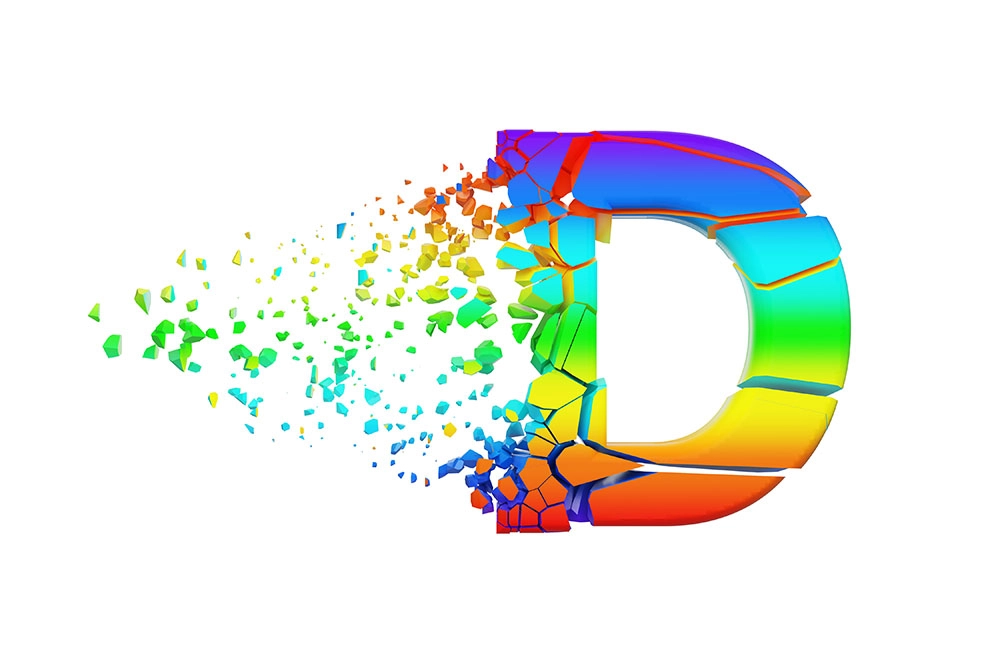In a recent article for Marketing Week, Mark Ritson claimed that “It’s time to shut down digital marketing teams for good.”
In common with his contributions, the article is well worth a read: knowledgeable, informative and entertaining. His call for a genuinely integrated approach to marketing is also dead right.
BBI Brandboost has also written recently on digital marketing and many of our conclusions are similar. So is it time to drop the D word because all marketing and communications today is in some way digitally transmitted?
We would say no, because there are good reasons for keeping it.

Digital dilemma
In a recent online post Digital Marketing – What it Defines we observed that “There is no such thing anymore as traditional marketing, at least not if the term traditional is used to imply non-digital. Today, all marketing is digital marketing.”
We also explained how content – text, graphics and imagery were all now digitally produced and continued: “What’s more, while leaflets, letters and newspapers may come through your letterbox, more often than not you will view them in a digital format. Think about how you read newspapers online, receive letters in the form of email and watch animated messages illuminate traditional advertising hoardings.”
Mark Ritson made similar observations:
“Any decent newspaper in the 21st century – starting with the New York Times – is now making more money and seeing significantly more growth from its digital platform versus its print edition.
Radio in this country is now delivered to more listeners via a digital platform than broadcast.
Outdoor advertising is demonstrably a digital display business – albeit on big screens that consumers don’t own.”
He also asserts that running separate marketing and digital marketing teams within the same company makes no sense and inevitably leads to duplication, but does concede, at least for the time being, that: “One area where we might see the D word remain is in the offer of some specialist communications agencies. Just as public relations agencies do a lot more than PR these days but retain the moniker, we may well see digital agencies continue to prevail.”
OK, but we believe that there are other motives for retaining the D word in the marketing vocabulary, particularly in the B2B sector.
The importance of definition
Ritson explains how public relations agencies “may do a lot more than PR”, but doesn’t mention that PR agencies also sometimes specialise, or have subsidiaries that do. These PR specialisations typically include finance, politics, healthcare and the environment.
A marketing agency may not specialise in this way and may serve a broad range of sectors, both B2B and B2C. But the term “Marketing” is very general and does not really define the agency’s approach or resources. A competent agency should be aware of the many communication channels available for communicating with client target audiences, including long-established avenues such as trade exhibitions or point-of-sale promotions.
However, by using the epithet “Digital Marketing” the agency signals its specific in-house skills and technical resources to make best use of opportunities offered by the web-enabled environment. This is not just by focusing on social media but indicates expertise across all online communication channels. Our knowledge of SEO also confirms that businesses frequently use the key phrase “Digital Marketing Agency” to source suppliers in Google search for these very reasons.
Therefore BBI Brandboost continues to promote “Digital Marketing” as one of our services, and we will need to encounter a great deal of evidence before we believe the D word has outworn its usefulness.
Please contact us whenever you require further information about our Digital Marketing services or our support in achieving your digital communications objectives.